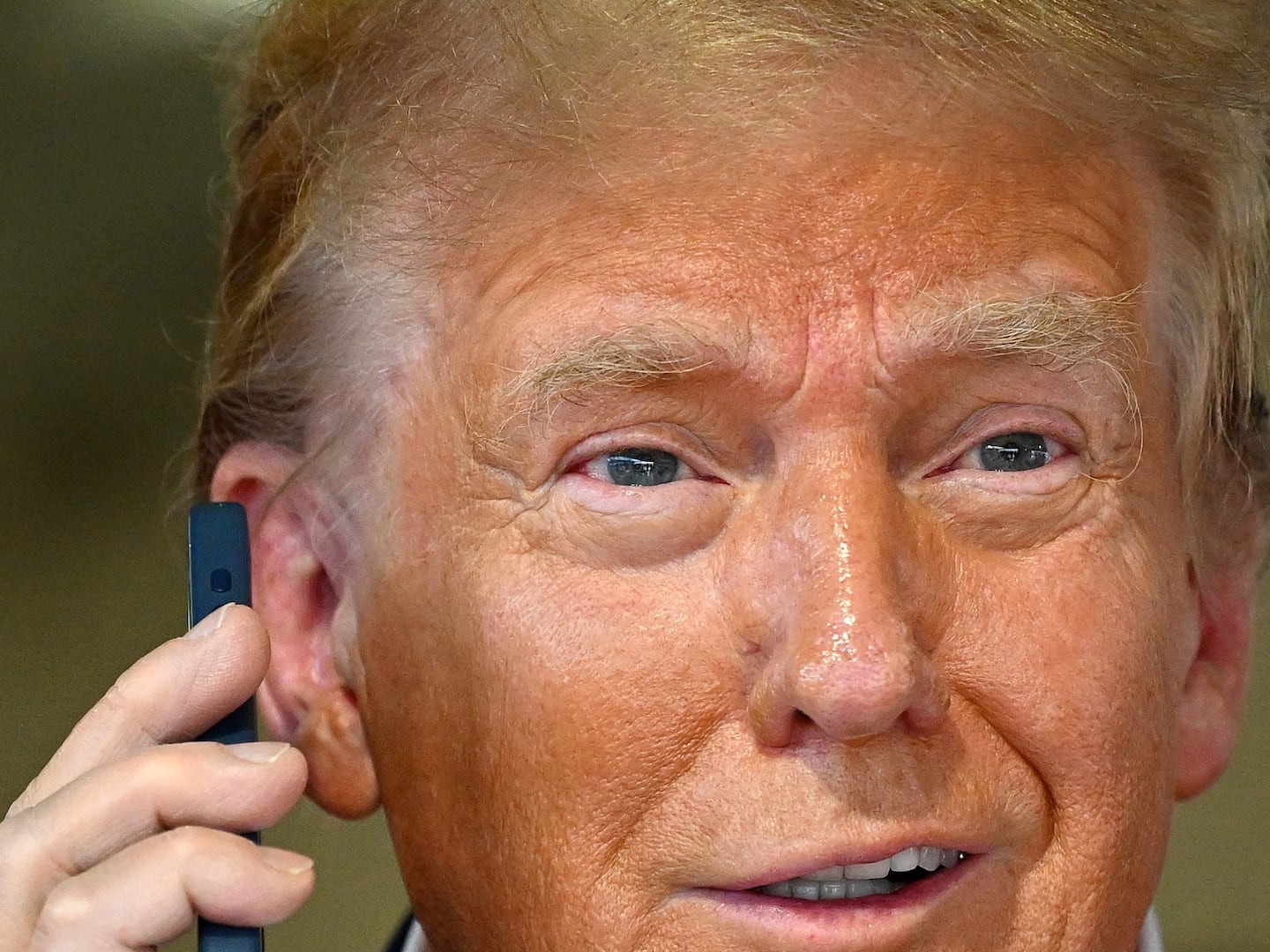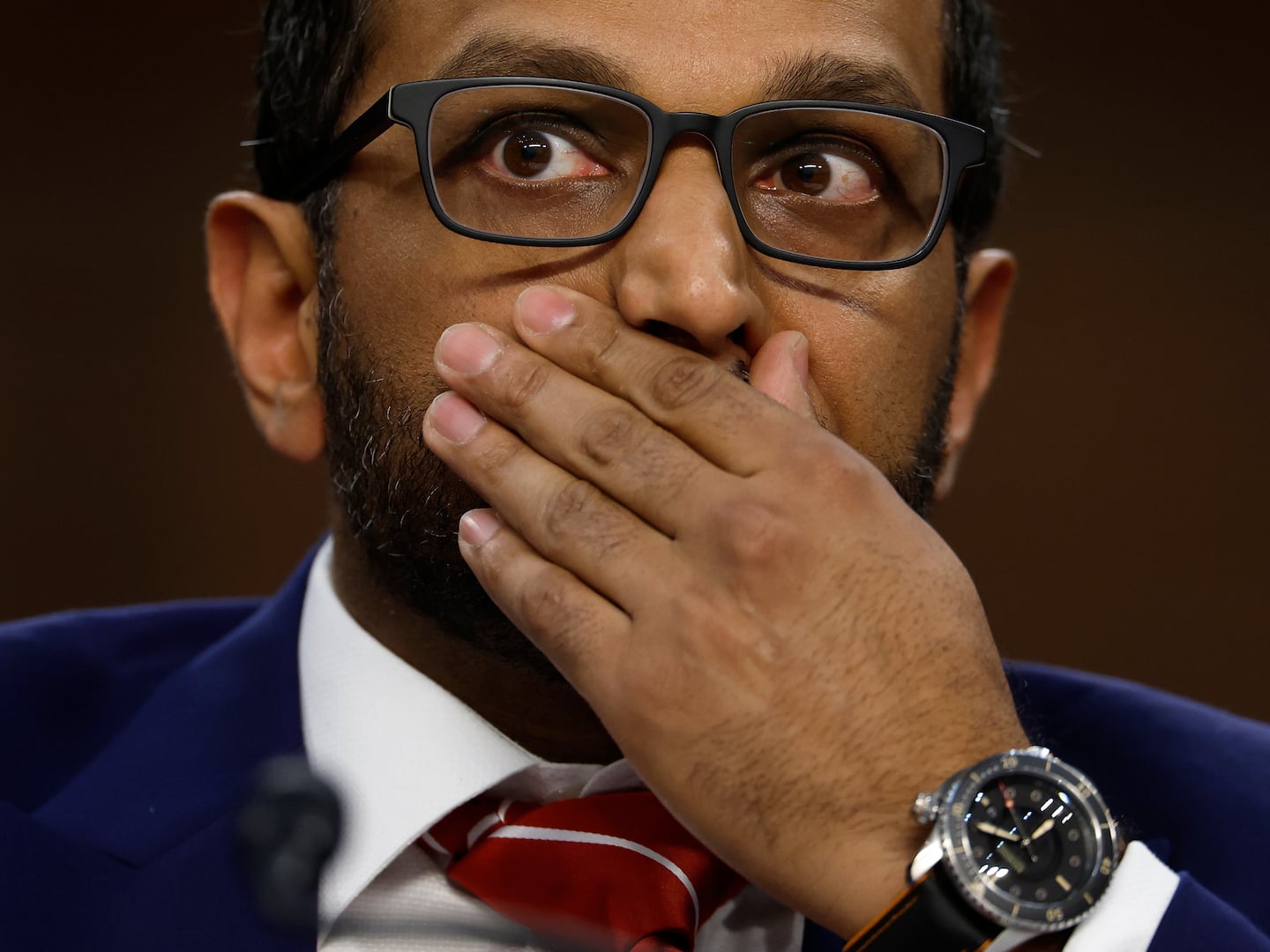The terror attacks in Paris on Friday were a starting pistol for the Republican presidential candidates’ race to the far right on the Syrian refugee crisis, amid concerns that ISIS-trained terrorists could trickle into the United States as easily as they seem to have entered France, resulting in similar carnage.
The lurch to the right has gone so far that two of the major candidates are advocating for the U.S. to officially discriminate based on religion.
Ben Carson said that allowing any refugees into the United States at all “under these circumstances is a suspension of intellect”; Donald Trump said, “We cannot let them into this country, period”; Marco Rubio switched his position from being “open” to the idea of taking refugees to saying, “It’s not that we don’t want to. It’s that we can’t.” Rand Paul cautioned the U.S. to be “very careful” to not admit refugees “that might attack us” and, on Monday, announced to reporters that he was preparing a bill to halt refugees from countries with jihadist activity; Chris Christie said that not even “3-year-old orphan” refugees should be allowed to enter the country.
But Ted Cruz and Jeb Bush devised a compromise: The U.S. could admit Syrian refugees so long as the refugees are Christians.
“There is no meaningful risk of Christians committing acts of terror,” Cruz said Sunday in South Carolina.
“If there were a group of radical Christians pledging to murder anyone who had a different religious view than they, we would have a different national security situation,” Cruz reasoned. “But it is precisely the Obama administration’s unwillingness to recognize that or ask those questions that makes them so unable to fight this enemy. Because they pretend as if there is no religious aspect to this.”
On Monday, Cruz announced that he will introduce legislation to ban Muslim Syrian refugees from entering the country.
Jeb Bush, who urged a “really tough screening” process for refugees, said Monday, “I do think there is a special important need to make sure that Christians from Syria are being protected, because they are being slaughtered in the country and but for us who? Who would take care of the number of Christians that right now are completely displaced?”
President Obama responded to Cruz and Bush’s proposal with audible frustration on Monday, at the G-20 summit in Antalya, Turkey.
“Many of these refugees are the victims of terrorism themselves, that’s what they’re fleeing,” he said.
And then he seemed to take a direct swipe at Cruz, who has long claimed that his father fled communist Cuba: “When I hear political leaders suggesting that there would be a religious test for which a person who’s fleeing from a war torn country is admitted, when some of those folks themselves come from families who benefited from protection when they were fleeing political persecution? That’s shameful. That’s not American. It’s not who we are.
“I think it’s very important for us right now, particularly those who are in leadership, particularly those who have a platform and can be heard, not to fall into that trap, not to feed that dark impulse inside of us.”
The campaigns of Cruz and Bush did not respond to requests for comment on the matter.
The process by which refugees can gain entry to the U.S. is not a simple one.
The Department of Homeland Security, which oversees the program responsible for refugees, requires applicants to submit to a rigorous screening process which requires all sorts of personal information, from their fingerprints to details about their families and relationships, according to a spokesman.
And if those refugees claim to be fleeing from religious persecution, there is already a system in place to vet their claims.
An official familiar with the process said the DHS uses all “biographic and biometric information” and vets that information against law enforcement, intelligence sources, and other databases in order to check the refugees identity. The refugees are also checked for any criminal history or other “derogatory information, and identify information” during the process.
The refugee cannot travel to the U.S. until all the checks are complete.
The U.S. has been accepting refugees since World War II, when 250,000 of them entered. The Displaced Persons Act of 1948 welcomed 400,000 more people.
In 1979, 110,000 Vietnamese refugees came into the country, and 97,000 followed in 1980. During the same period, 120,000 came from Cuba.
In the wake of the 9/11 attacks, the number of refugees entering the U.S. declined. The New York Times notes that in 2002, only 27,131 came. The system for gaining entry to the U.S. is so complex that, as the Times wrote, “most refugees need at least a year and sometimes two to navigate” it.
Sarah Demant, the senior director of the Identity and Discrimination Unit at Amnesty International, told me that the group was “concerned” by the presidential candidates “politicizing” a human-rights issue.
“Human beings who are most vulnerable—refugees and asylum seekers—shouldn’t be used as political maneuvering,” she said. “Human rights are not political.”
“People of all religions are at risk… particularly in Syria with the Syrian refugee crisis. Christians and Muslims and people of all faiths are at risk,” she added. “The U.S. policy should be that all asylum seekers are allowed to seek asylum, no matter what their religion. The value of nondiscrimination is not just a human-rights value, it’s an American value.”






